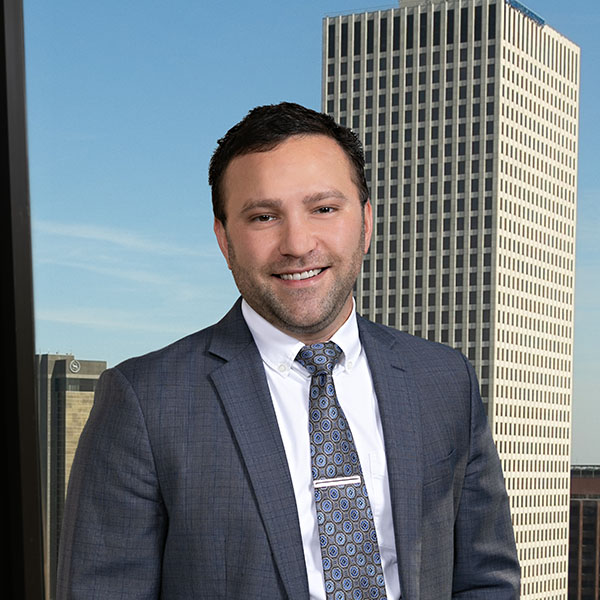In the healthcare world, the roles of various medical professionals often intertwine, blurring the lines between responsibilities and accountabilities. Physician assistants (PAs) are essential members of the healthcare team, collaborating closely with physicians to deliver care to patients.
However, like any healthcare provider, PAs are human and can make errors. When those errors result in harm to patients and evidence of medical malpractice is present, questions of liability and accountability arise.
Medical malpractice lawyers have experience navigating the nuances of healthcare law to advocate for those who have suffered serious harm at the hands of healthcare providers, including physician assistants. In this blog, the medical malpractice lawyers at Capitelli & Wicker in New Orleans, Louisiana delve deeper into the question: Can you sue a physician assistant for medical malpractice?
Understanding the Role of Physician Assistants
Physician assistants play a crucial role in the healthcare system, working alongside physicians to provide a wide range of medical services. Trained to perform tasks traditionally undertaken by physicians, PAs conduct physical examinations, diagnose illnesses, develop treatment plans, prescribe medications, and even assist in surgery, depending on their specialty and level of experience.
While physician assistants collaborate closely with supervising physicians, they often have a significant degree of autonomy in their day-to-day practice. This autonomy, coupled with the responsibility to deliver high-quality care, means that PAs can be held accountable for their actions and decisions in patient care.
Legal Considerations in Louisiana Medical Malpractice Cases Involving PAs
In medical malpractice cases involving physician assistants, several key legal considerations come into play:
-
- Standard of care. Like all healthcare providers, PAs are held to a certain standard of care, which requires them to provide treatment that is consistent with the accepted practices within their medical community. Deviating from this standard of care and causing harm to a patient may constitute medical malpractice.
- Supervision and collaboration. Physician assistants typically work under the supervision of licensed physicians. In cases where a PA’s actions or decisions lead to patient harm, questions may arise regarding the level of supervision provided by the overseeing physician and whether the physician should also be held liable for the negligence of the PA.
- Scope of practice. Understanding the scope of practice outlined by state laws and regulations is essential in assessing the responsibilities and limitations of physician assistants.
For instance, Louisiana revised statute 37:1360.31 states that a physician assistant is regarded as and is officially recognized as the representative of their overseeing physician during all professional endeavors, encompassing tasks such as aiding in surgical procedures and requesting and analyzing diagnostic tests and other medical services.
The duties of a physician assistant include providing medical services within the bounds of their education, training, and practical knowledge, as assigned by the supervising physician. Acting beyond the scope of practice or performing tasks for which they are not adequately trained and qualified can increase the risk of medical errors and potential malpractice claims.
Pursuing a Medical Malpractice Claim in New Orleans, Louisiana
If you believe you have been a victim of medical malpractice involving a physician assistant, seeking legal guidance from experienced medical malpractice lawyers in New Orleans is crucial. Choosing a team that is knowledgeable in navigating medical malpractice cases and is willing to fight tooth and nail to achieve the best possible outcome for their client is essential.
When pursuing a medical malpractice claim, your attorney will work diligently to establish:
- Duty of care
- Breach of duty
- Causation
- Damages
Although the Louisiana Medical Malpractice Act caps medical malpractice damages at $500,000, an experienced medical malpractice attorney can provide the representation needed to recover damages for past and future medical expenses.



